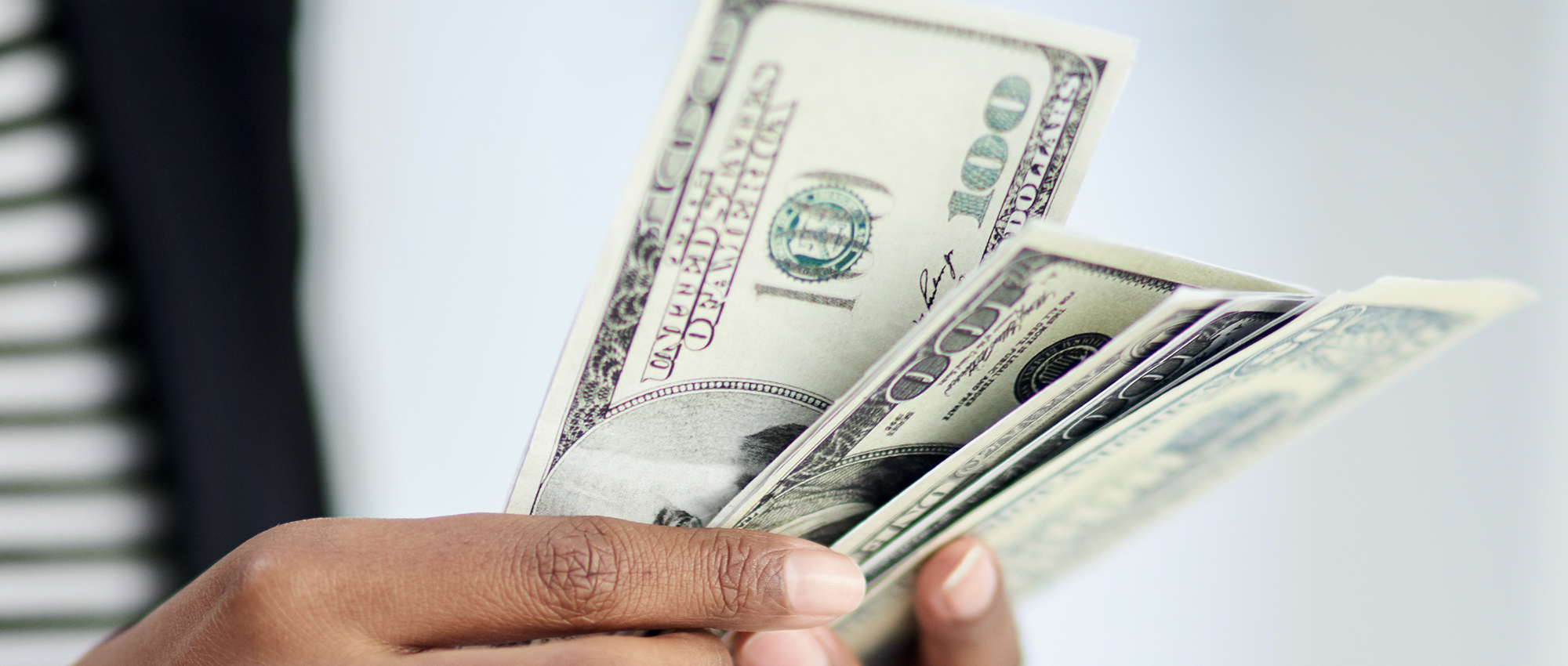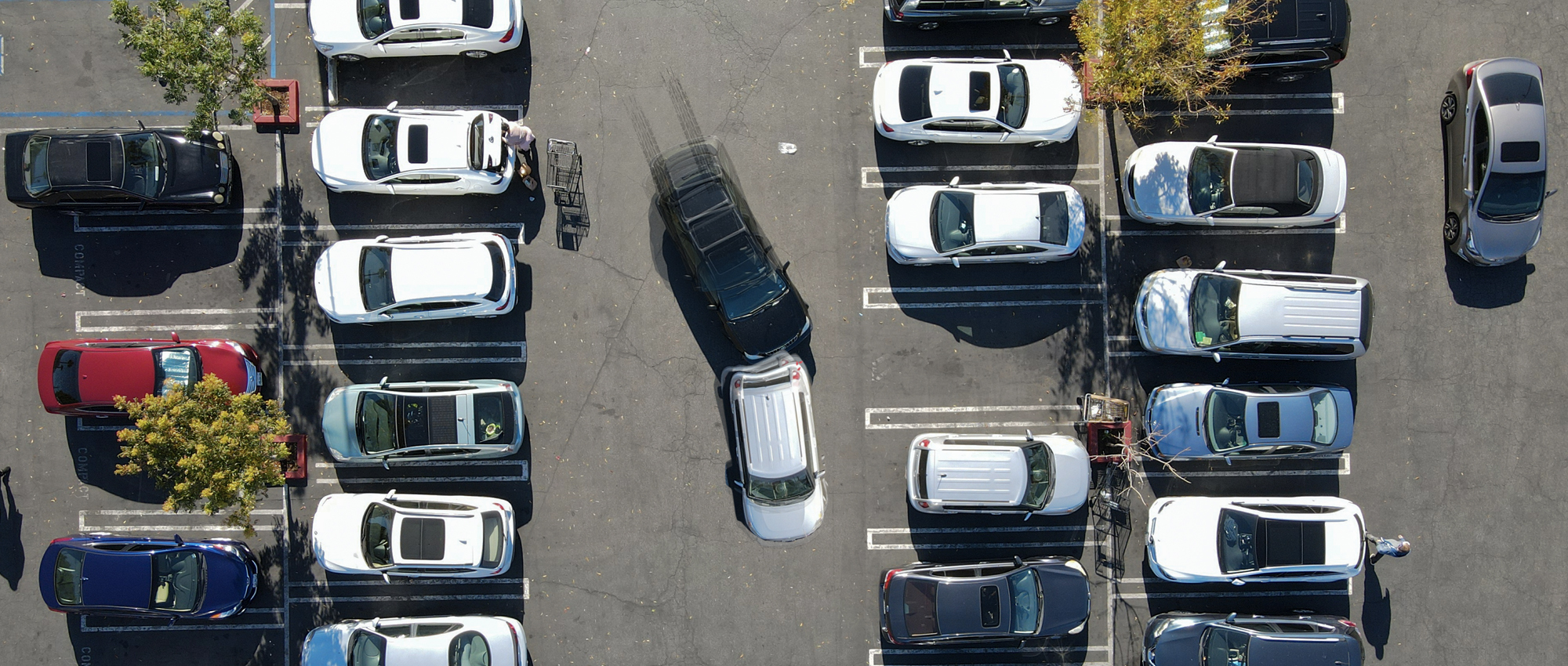Collecting Damages After a Car Accident in Myrtle Beach
In South Carolina, you have the right to receive compensation for damages when you are in an auto accident with a negligent or reckless driver. You may collect damages through negotiations with the insurance company. The compensation may come in the form of a settlement or in a civil court verdict. The bottom line is that you should never suffer both physical and financial damages due to another's mistake.
The Law Firm of Jeff Morris in Myrtle Beach and the Surrounding Area
At Morris Law Accident Injury Lawyers, our Myrtle Beach car accident lawyers work hard to ensure that an injured party (the plaintiff) does not need to worry about caring for their family and healing simultaneously. Our clients do not have to deal with an insurance company while they should be recuperating. No one should face the aftermath of a car accident on their own. Also, studies prove that having legal representation results in higher compensation than going it alone.
To obtain the compensation our clients deserve, we begin by investigating the accident to prove liability on the part of the at-fault party. After evidence is gathered, we use it to obtain the compensation our client deserves. Our dedication to both the law and our clients is well-known and one of the reasons we are rated highly by South Carolina Super Lawyers, a respected legal ranking firm.

Types of Damages
There are two main categories of damages. These are compensatory and punitive damages. Compensatory damages are those that replace what an injured party lost in an accident with a negligent driver. The plaintiff is not required to pay tax on compensatory damages because they repay the financial loss the plaintiff suffered. Punitive damages are awarded to the injured party if the driver's actions were particularly egregious. Punitive damages do not compensate for the loss an individual experiences. Instead, punitive damages are levied to punish the at-fault driver and to help prevent similar behavior in the future.
Compensatory Damage Categories
There are two main types of compensatory damages. They are economic and non-economic damages. Economic damages represent a tangible financial loss the injured party suffered due to the accident. Such damages are easily calculated in most instances.
On the other hand, non-economic damages are much more complex and harder to ascertain. They are different for everyone. This difference means that the effect that non-economic damages have on someone varies greatly from one case to another. Let us delve further into the different types of compensatory damages.
Economic Damages
Economic or general damages are those that can be verified objectively. For example, by looking at a business ledger, it is easy to verify the wages the individual lost due to the accident. These damages are tangible and do not change based on who is evaluating them. Some examples of economic damages commonly found in a claim against the at-fault party include:
- Past and future medical expenses, including hospital costs, medications, surgical and medical fees and others attributed to the accident are examples of economic damages.
- Past and future wages lost due to injuries are part of a claim.
- Lost earning capacity in the present and future are tangible damages. Usually, this is calculated using the person's age, past earning capacity, job training and ability to perform the same type of work.
- The cost of hiring someone to perform the household services the individual performed in the past is a viable part of a South Carolina personal injury claim.
- Rehabilitation services, including both physical and vocational training, may be listed in a lawsuit against the at-fault driver.
- Property damages such as damage to your motor vehicle are also included.
- Medical devices, including wheelchairs, walkers, home assistive devices such as grab bars and ramps are losses attributed to the accident.
- Out-of-pocket costs such as travel to and from the doctor's office can be included.
Non-Economic Damages
Accident injuries frequently cause emotional, physical and psychological issues that impact a person's life. Some of the non-economic damages that follow an auto accident in South Carolina are:
- Inconvenience the person suffers due to the accident
- Loss of society
- Pain and suffering
- Emotional distress or anguish
- Loss of companionship
- Loss of consortium (the loss of spousal affection)
- Panic disorders such as PTSD
- Embarrassment over injuries such as scarring or others
- Psychological pain
- Loss of the enjoyment of life
Punitive Damages
Awarding punitive damages is a way to punish the defendant for their actions and hopefully prevent them or others from repeating the behavior that led to the incident. They are also referred to as exemplary damages. An example of the egregious behavior that leads to punitive damages would be a drunk driver who is aware of the harm he or she can inflict on another, yet does it anyway. Another would be the damages resulting from the occurrence of an intentional act that causes someone to be seriously injured.
Punitive damages commonly involve auto accidents in South Carolina as well as product liability cases and medical malpractice. The claim must provide convincing, clear evidence that the damages resulted from the willful, wanton and reckless behavior of the defendant. Punitive damages can be much higher monetarily than compensatory damages. They are taxed, unlike compensatory damages.
Law Firm of Jeff Morris
If you suffered injuries in an auto accident or other personal injury incident, call Morris Law Accident Injury Lawyers in the Myrtle Beach area of South Carolina to schedule a free case review at (843) 232-0944. If it is easier for you, contact us online. Let us help you to not become a financial victim of an auto accident.
Get Your Free Case Evaluation!








